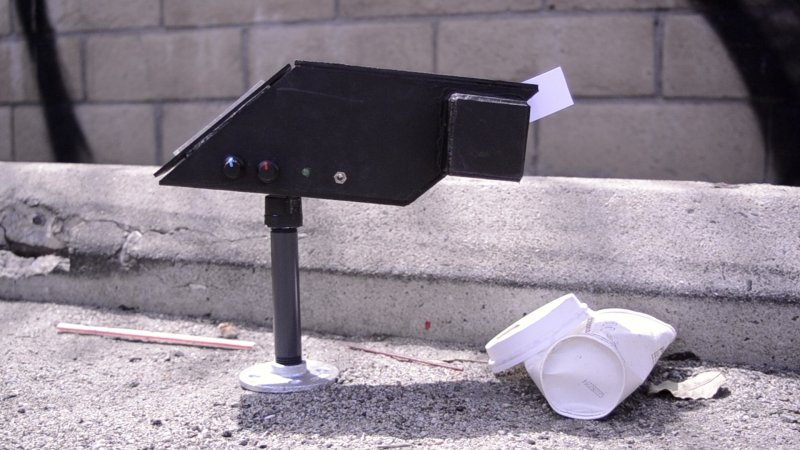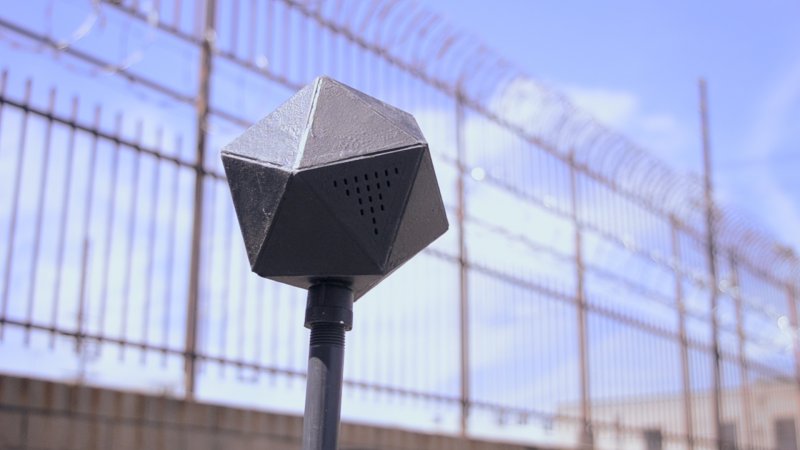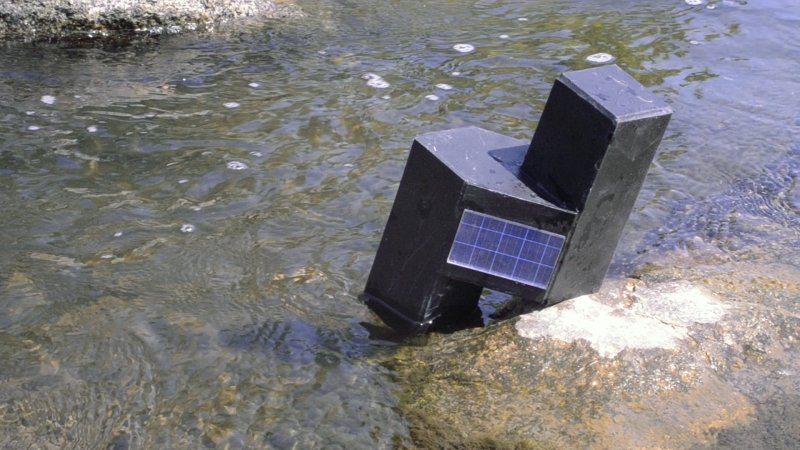Bacterial Conservation Corps



Bacterial Conservation Corps imagines a speculative future in which microorganisms are used for widespread industrial and domestic functions. In this future, a governmental agency similar to the national park service has been established as a conservancy organization overseeing the well-being of the bacterial makeup in our cities. While the project addresses bacteria specifically, it speaks to the implementation of all new technologies. How much do these new technologies affect our everyday lives, and who controls them?
Bacterial Conservation Corps employs a number of monitoring stations to detect and alter the bacterial composition of the environment in which they are positioned. The BCC was established in response to the increasing number of genetically modified micro-organisms pervading both built and natural environments. The organization works to counteract any potential negative effects of these engineered organisms, either from the organisms’ proliferation, or their cessation.
The utilization of microorganisms for labor offers great advantages, but brings with it all the uncertainties of working with living beings. While the applications of bacteria, algae, and other microorganisms are currently somewhat limited, they are increasing in number. When they are ubiquitous, will we need some sort of control mechanism to limit their ecological impact? If we depend on engineered organisms for everyday life, how can we protect them?
The Bacterial Conservation Corps investigates these questions through the lens of wildlife conservancy. It proposes a branch of federal government be allocated to maintain a healthy bacterial ecology in urban areas. Ultimately, the BCC would dictate the bacterial content in crops, drinking water, virtually every aspect of our daily lives. Considering the fact that certain bacteria out of place can result in widespread epidemic, this places an excruciating amount of power into the hands of a few government employees. Perhaps not a perfect solution, but the question remains: if we can control the micro biome of our environments, who is to say which bacteria lives or dies?
This project investigates one potential outcome of environmental bacteria curation. This approach of government-regulated microhabitats presents a singular authority on bacterial curation. Through the use of these speculated monitoring stations, alternative models for bacterial curation present themselves. One such alternative is an open-source approach, wherein individuals maintain their own sensing stations, revealing a more distributed authority on environmental bacteria makeup.